Teenage rebellion isn’t brand new to our society. For hundreds of years, adolescents have thought that questioning authority was the way to solve many of society’s problems, and these ideas have spread into current generations.The difference between then and now is, our generation channels some of these rebellious thoughts into writing online conspiracy theories. Although conspiracy theories have been around for years, such as the ones surrounding aliens or the John F. Kennedy assassination, they have had a recent spotlight due to today’s teenagers’ obsession with spreading these theories online.
While older generations might perceive the popularity of these theories as “unintelligent” or “crazy”, adolescents are currently using the internet to voice their opinions and find entertainment. We have grown up in an age where the idea of using the Internet to form and share conspiracy theories questioning authority is one that our generation has widely accepted.
With the Internet serving as a community where anyone can post anything, no matter how ludicrous, this raises the question: Is there a connection between the popularity of online conspiracy theories and society’s questioning of authority?
“Basically our country encourages questioning authority, or questioning whoever’s in charge if it’s not fair or they’re not speaking enough” communications sophomore Elise Nau said.
Because we have the right to free speech, we are able to speak out against an idea if we believe it is unjust or incorrect. This is shown with President Donald Trump claiming CNN and NBC are publishing “fake news” on Twitter. It is also present surrounding lighthearted topics, such as the Earth being flat or the moon being made of cheese. Since our generation has been given such a powerful tool to spread information, conspiracy theories of all kinds have gone viral.
Many often forget that disagreeing with a higher power isn’t a new concept. An example of this is the highly followed theory that the 1969 United States moon landing was staged, and many theorists try to persuade others through social media websites such as Reddit and Youtube. This unwillingness to believe everything we’re told is only mirrored through today’s youth.
“If they [members of authority] tell you that something is for your better interest, that doesn’t necessarily mean that it’s correct” theatre sophomore Oliver Marten said.
What separates today’s youth from previous generations is merely our wifi connection. With the constant supervision of not only parents and teachers, but also a world of Internet users, our generation faces constant criticism for our beliefs and opinions. While the desire to question authority is present in teenagers, regardless of time period, the recent online popularity of conspiracy theories has led to this becoming a societal norm and ultimately encouraging questioning authority.
The conspiracy theories of social media haven’t “poisoned” the members of our age group; they have simply given already rebellious adolescents a new way to connect with other members of a worldwide community. Unlike the countless generations before, comments sections and online groups allow teenagers to voice their opinions to anyone with a phone and a wifi password.

























































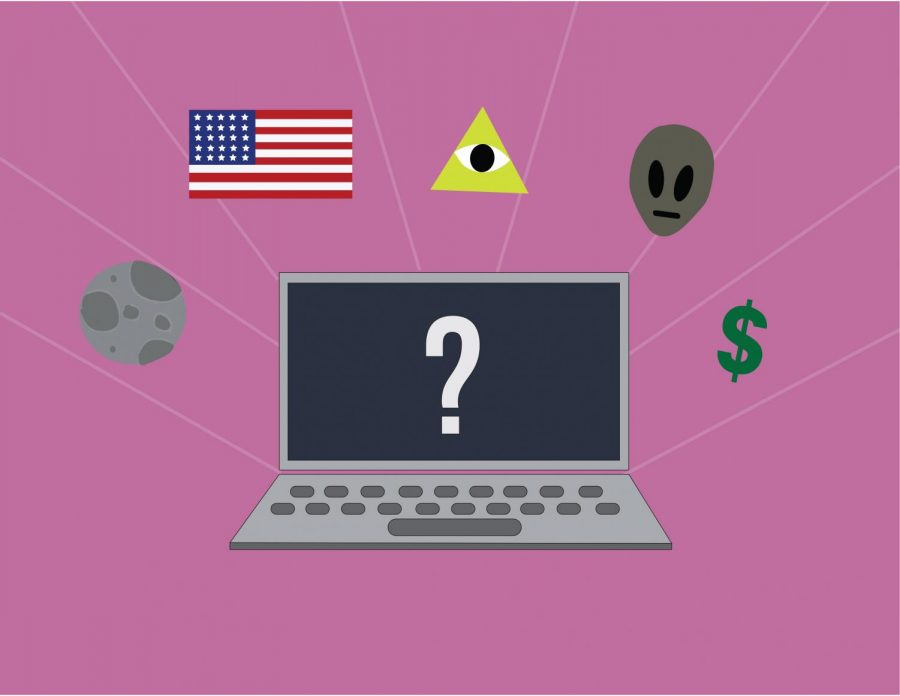
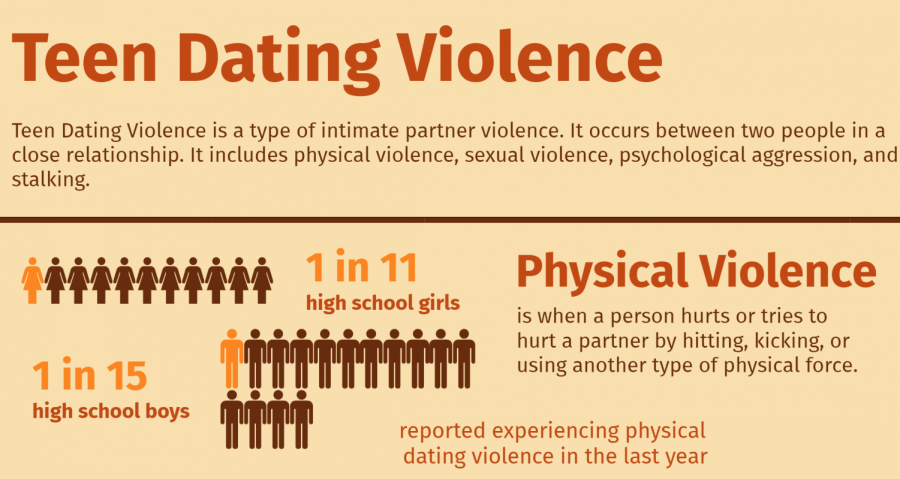

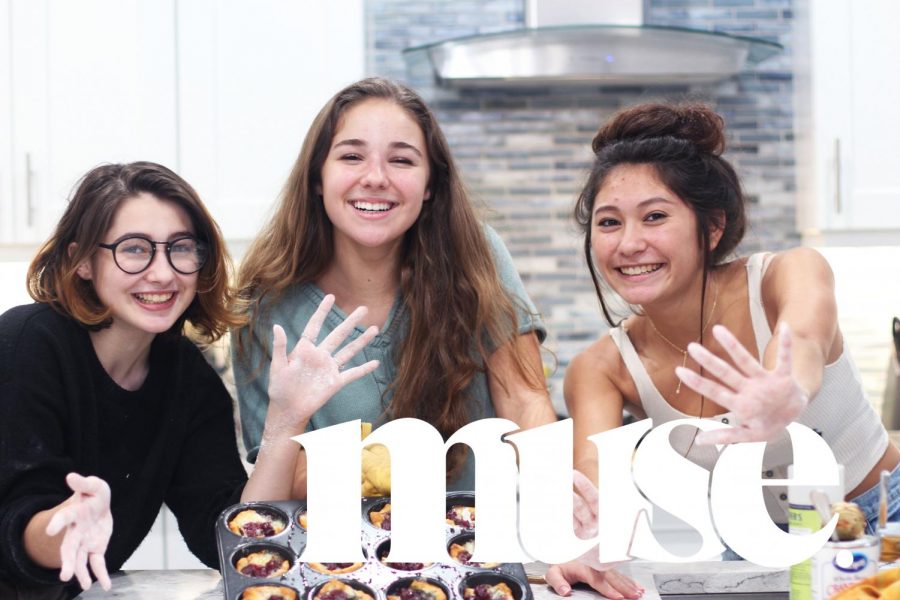

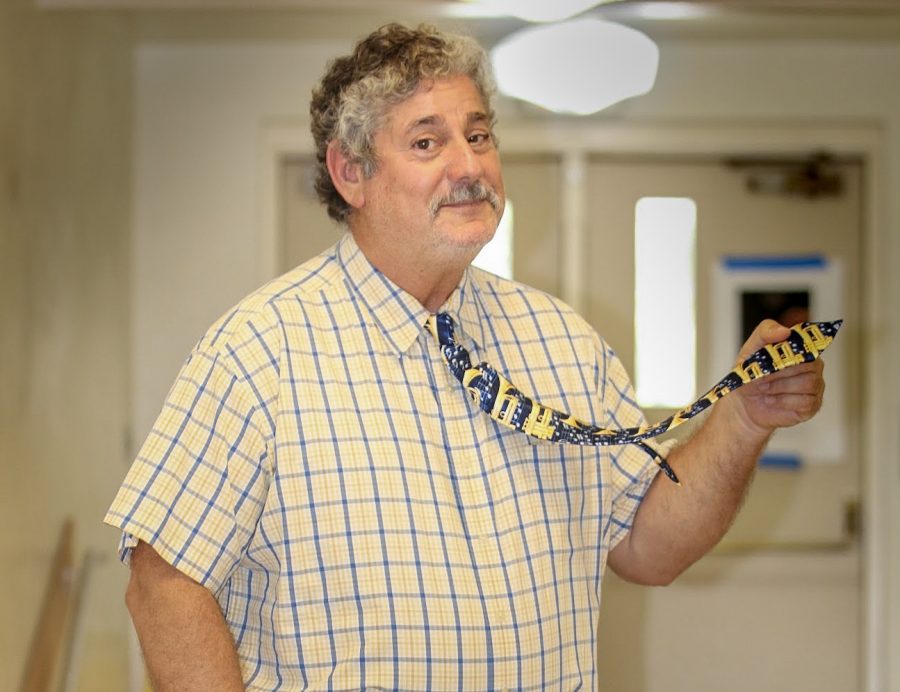
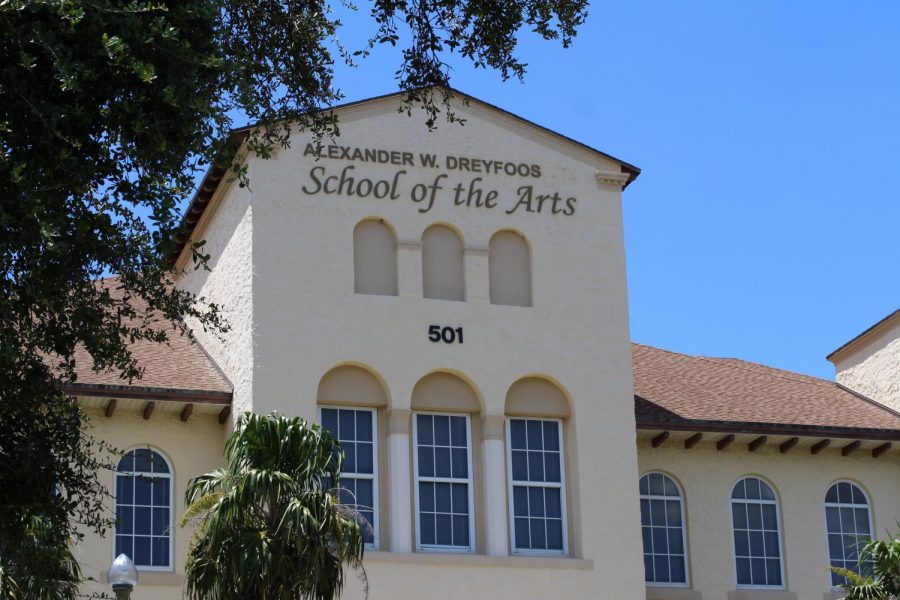
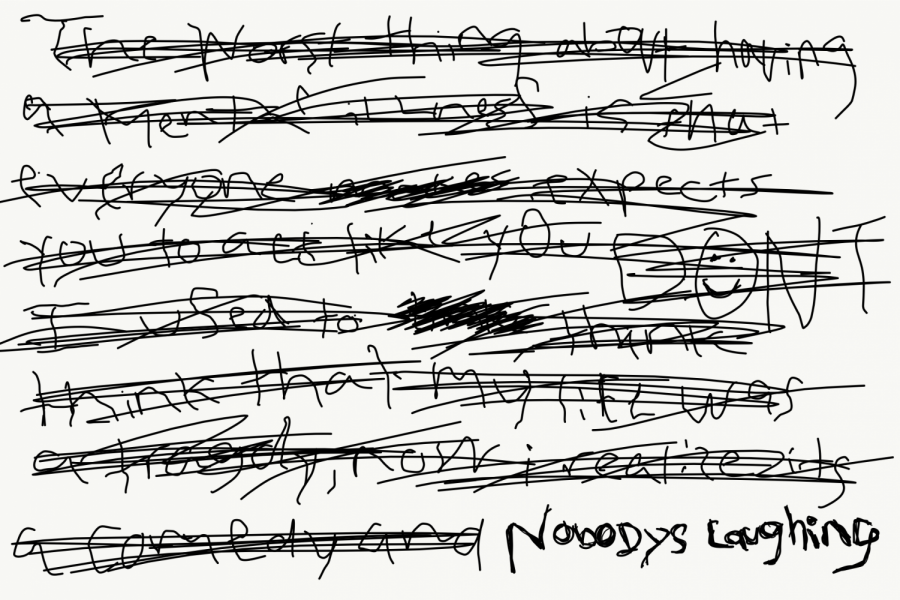
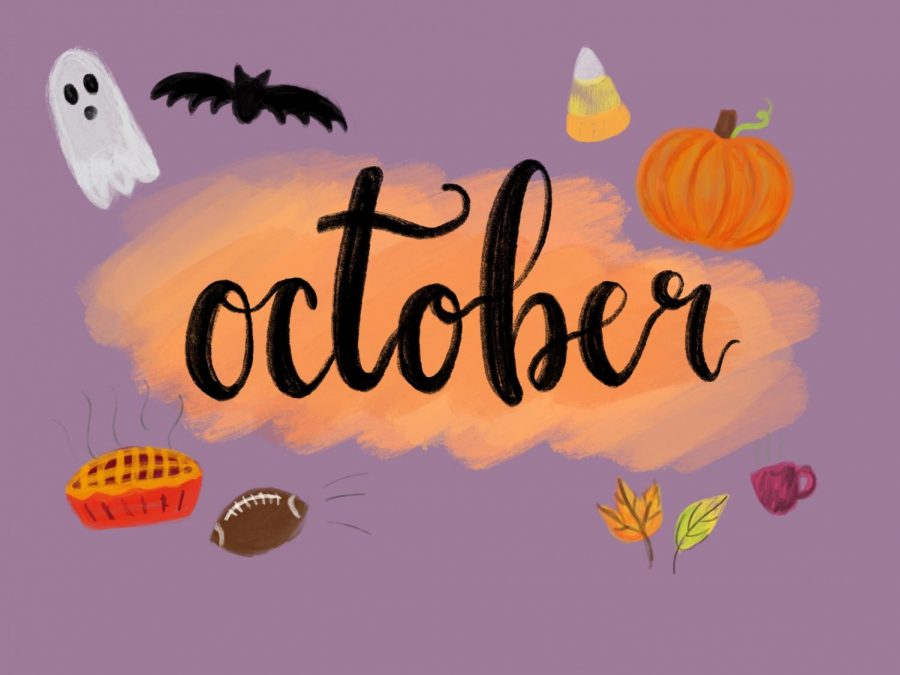

myname • Dec 4, 2017 at 3:31 pm
I have many conspiracy theories of my own.